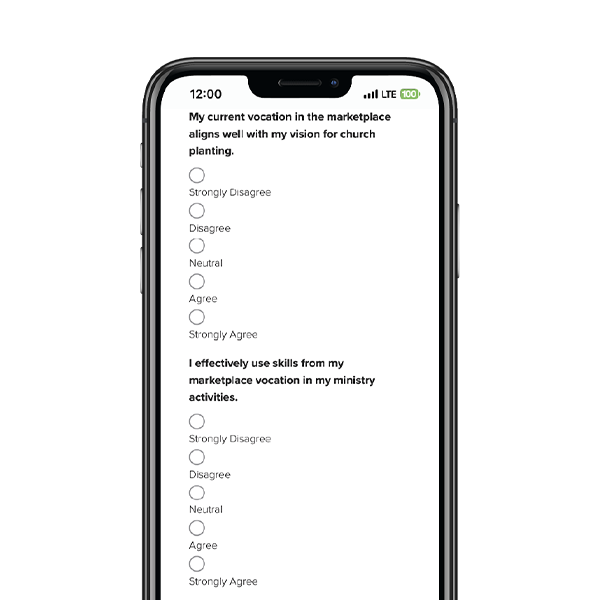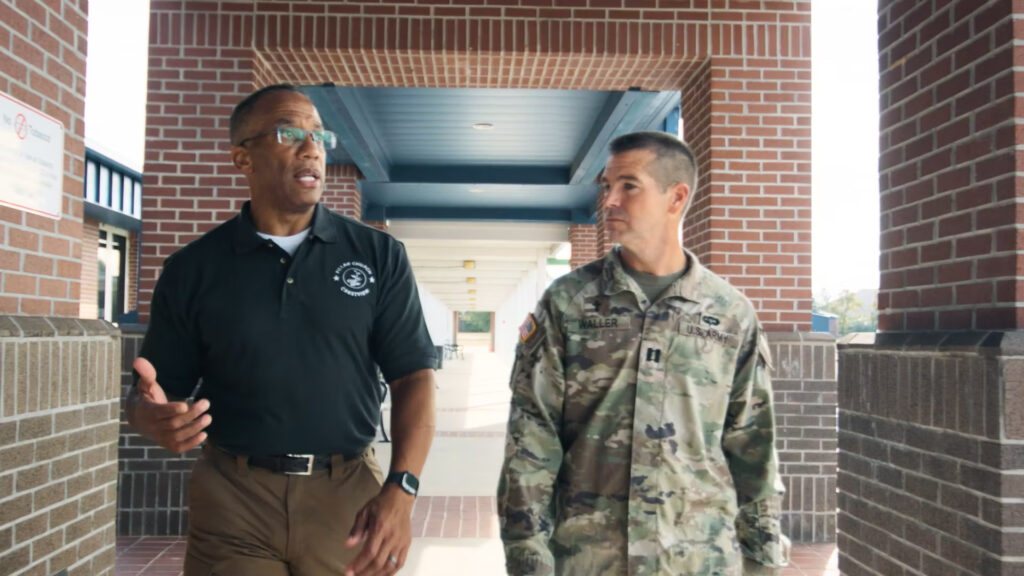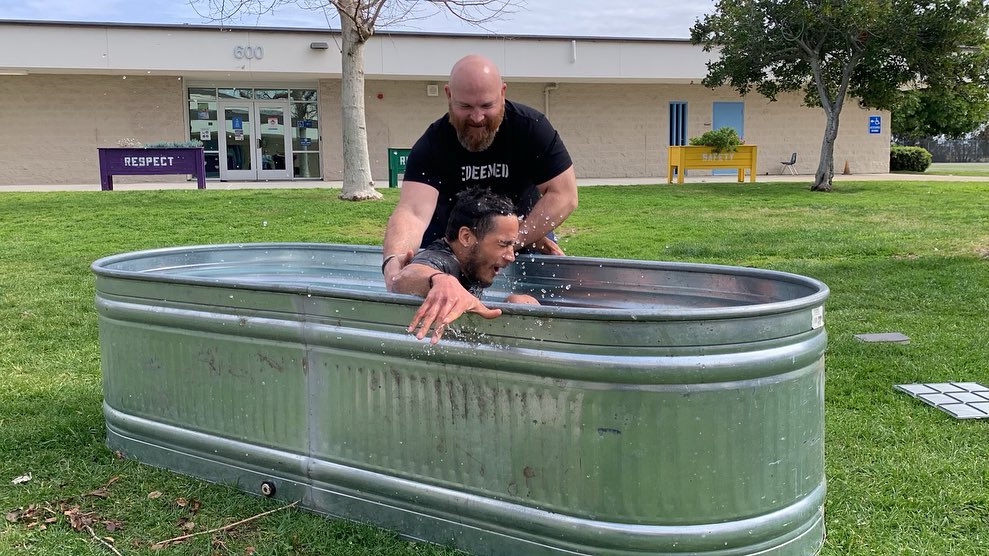1. Prioritize preaching
You’ll soon discover there are many things you can do when the church gathers together. But what is it that you must do? I believe the answer centers around the preaching of God’s Word (1 Cor. 11-14, 1 Tim., 2 Tim., Titus). Whatever you do, don’t minimize, negate, or lessen the expectation that, whatever else we may do in this church, this we will do in this church: deliver God’s Word!
As I alluded to in the above references, this is one of the primary points of Paul’s letters to his two young pastors, Timothy and Titus. Phrases like “Preach the word,” “Teach sound doctrine,” “Guard the trust,” and “Give attention to the public reading of Scripture” (and there’s more!) indicate that God’s Word is the priority when the church gathers. This is the target for the preacher: To sound the call. Teach the text. Trumpet the message. Otherwise, over time, the church withers and dies from malnutrition because the “chef” isn’t willing to put in the time to prep the meal.
Admittedly, multiple people can do this, and it can be done in multiple ways. So don’t think I’m suggesting a one-man show or a one-way type of communication. But if, deep down, you’re settling for less than your best in the pulpit, stop and take a long, hard look at why you’re in the role of church planter. That role demands, above all else, a heart, head, and hand that prioritizes the preaching of the Word, for this is the means by which God saves and sanctifies His people (Rom. 10:14-15; 1 Thess. 2:13).
2. Place a premium on prayer
Sadly, this is where we had good intentions but seemed to fall short time after time. Looking back, I’m not sure why. At no specific time did we ever think to ourselves, “Let’s de-emphasize prayer.” Yet, that’s what occurred, albeit unintentionally, off and on. Through that cycle, there is at least one fundamental thing I have come to understand: Prayer is hard work!
We often pray, at best, intermittently, usually in a crisis, or when there is a large need. It’s something we utilize to open or close meetings, begin meals, or transition between elements in our services, rather than something we undertake to communicate with Almighty God.
Interestingly, it was the “ministry of the Word and prayer” that the early church apostles were not willing to abandon in order to wait on tables (Acts 6). Instead, deacons were established, the result being that the apostles could stay focused on the two most important things that church leaders do: preach and pray.
Consequently, God has led us to embark on several key initiatives: Multiple times a year we conduct 40-day prayer campaigns, global mission needs are highlighted in weekly emails at key times of the year, and corporate prayer is becoming a regular, expected aspect of our weekend services. Yes, people praying out loud together, either individually or collectively. This has birthed a culture of prayer among our people.
3. Keep preaching, praying, and pastoring connected
While a “clear voice” and a “bent knee” are important, so is a “strong shoulder.” In fact, they go together in church planting. Paul lays this out so well in 1 Thessalonians 2, where he beautifully describes how he delivered God’s Word, as well his own soul (my paraphrase). We need voices that call out for action and hands that show them how.
What I discovered early on is that all three support each other. Consequently, I encourage church planters to use them together like a chain, linking them end-to-end to help them “pull the load” of their work. In other words, as you preach and people respond, serve them the best you can. Pray with them and shepherd them as a brother or father. Because your Spirit-empowered, prayer-soaked preaching will cause hearts to lean in to you and your team, use those opportunities to help them put the Word into action. Do more than preach to them and pray for them: Walk with them toward obedience.
As a result of conversations and encounters with the people of our church, I became even more acutely aware of the specific struggles facing our sheep. Not only did my prayer life get more specific, my preaching became more targeted and my pastoring more intentional. Questions about particular things worked their way into “normal” conversations. Inquiries about certain issues were “added” into the regular exchange of pleasantries. It may sound odd to you, but that is exactly how God kept my preaching, praying, and pastoring linked so the shepherd and sheep mutually benefitted.
Furthermore, when people see you beside them, they are much more apt to let you stand before them. This is the inseparable essence of preaching, praying, and pastoring. And while each one is valuable, their combined effect is greater than the sum of their individual effects. It takes all three joined in unity to see a church plant become all it can be for the glory of God.,
Published August 21, 2018




